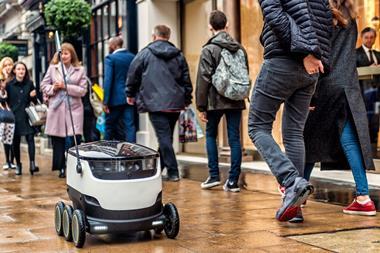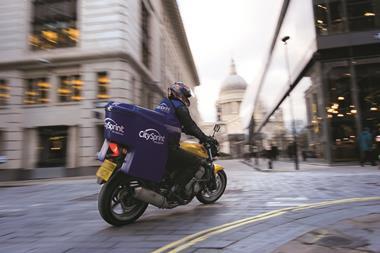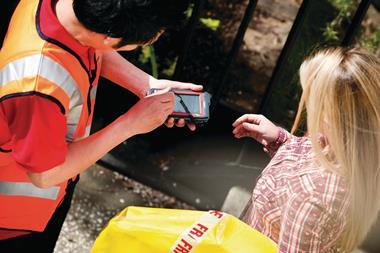Hermes’ Joanne Morley explains why millennials’ online shopping habits are influencing big decisions in logistics and retail.
It is hard to ignore the rising influence of the millennial generation. Their increasing influence across the world is wide-ranging – everything from the rise of artificial intelligence to how we do our weekly shopping. However, what is also becoming increasingly apparent is how much this generation’s internet shopping habits are shaping the face of the logistics and retail industries.
Driving growth in sales
Millennials are playing a key role in this increase and Accenture believes by 2020 this group will account for 30% of total retail sales. When it comes to online shopping, research suggests you can usually split millennials into two separate groups. Firstly there are social shoppers, who research online and buy in store, synonymous with click-and-collect. Secondly there are savvy shoppers, who look on the high street and then buy online using various discount codes and vouchers. Both of these groups are likely to be formed of students or young professionals.
By 2020 millenials will account for 30% of total retail sales
Joanne Morley, Hermes
Character traits and habits
Millennials are defined by their keen emphasis on ethics and their ‘want it now’ lifestyle. They are the ‘alpha influencers’ of their time using social media platforms to constantly share opinions, ideas and to shop. In fact, a recent ClickZ article showed that 55% of millennials regularly click on content shared by their peers. This means that the group relies on the opinions of their friends when making decisions such as purchases and applying for jobs.
They also want a seamless shopping experience and if they don’t get it they are more than happy to shout about it! According to MetaPack, 50% of this group, higher than any other, has broadcast a negative delivery experience on social media and they are more likely to never shop with that retailer again.
50% of millennials have broadcast a negative delivery experience on social media and they are more likely to never shop with that retailer again
Joanne Morley, Hermes
So how does this affect the retail and logistics industries?
The logistics and retail industries are implementing a large number of strategies to not only fulfil the demand created by the millennials but to encourage them to use their services. Retailers are harnessing their desire for a fast and quality service, by making mobile shopping more accessible, so much so that now 55% of shoppers use their phone to buy online rather than their laptops.
Tapping into this population, companies are working to reduce their impact on the environment. Electric vehicles, pre-planned delivery routes and greener packaging are just some of the ways they are working to decrease their carbon footprint.
In short, the millennial generation is driving the future of the logistics and retail industries by encouraging us to innovate and improve the customer experience. Personalised parcels, drones and secure parcel boxes at individual homes is only a snapshot into some of the ways we are working to satisfy the lifestyle of the millennial generation. I for one am excited to see how much this group will continue to influence and inspire our sector over the next 20 years.
- Joanne Morley, head of marketing, Hermes

























No comments yet